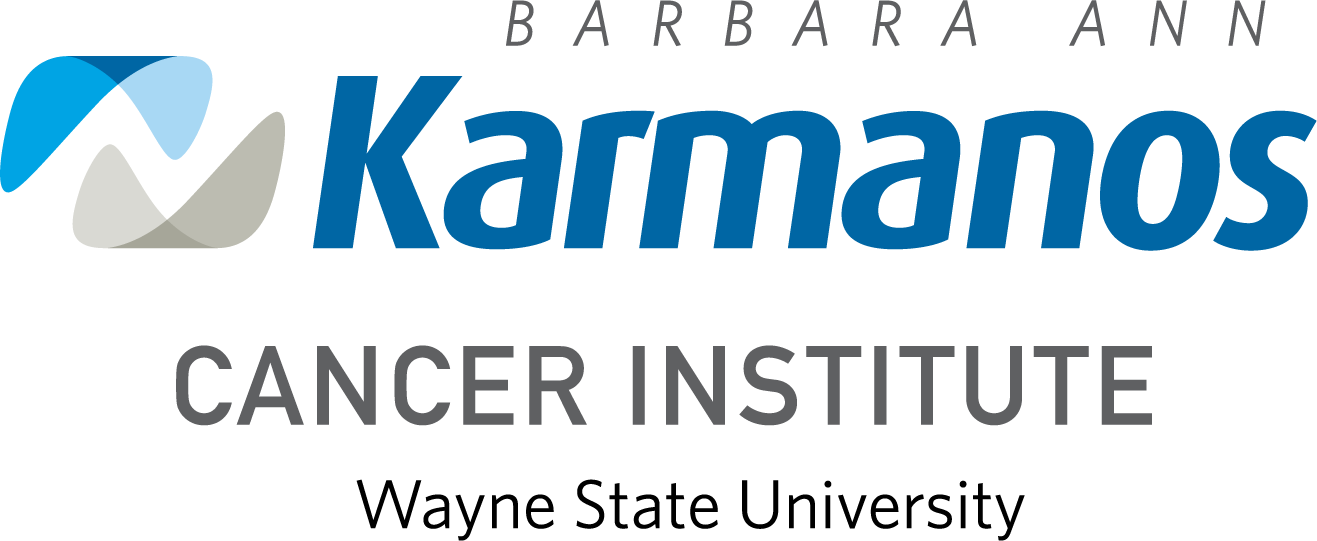
Dr Zonder on the Promise of Talquetamab and Cevostamab in R/R Multiple Myeloma

Jeffery Zonder, MD, discusses the derived benefit that has been derived from talquetamab and cevostamab in patients with relapsed/refractory multiple myeloma.
Jeffery Zonder, MD, leader, Multiple Myeloma Sub-committee, Barbara Ann Karmanos Cancer Institute, professor of medicine, Departments of Hematology and Oncology, Wayne State University School of Medicine, discusses the derived benefit that has been derived from talquetamab and cevostamab (FcRH5 x CD3) in patients with relapsed/refractory multiple myeloma.
Some of the more recent advancements with bispecific antibodies include the developments of both talquetamab and cevostamab, Zonder begins. He adds that these agents are producing response rates similar to what has been observed with BCMA-targeted bispecific antibodies. Positive data, including deep and durable responses, were seen with talquetamab from patients with high-risk, relapsed/refractory multiple myeloma on the phase 1/2 MonumenTAL-1 trial (NCT03399799). Moreover, cevostamab generated responses and was well tolerated in patients with relapsed/refractory disease multiple myeloma on the phase 1 GO39775 trial (NCT03275103).
However, the initial data that were produced with newer targeted bispecific antibodies were studied in patients who had not received BCMA-targeted therapy, Zonder adds. Despite this, investigators are beginning to obtain early data from those patients who have received BCMA-directed treatment, Zonder notes.
Upon receiving further data from these BCMA-pretreated patients who went on to receive talquetamab or cevostamab, the response rates are still encouraging, Zonder notes. Additionally, these outcomes are more beneficial than what has been seen with other therapies in the past for heavily pretreated patients who had received many prior lines of therapy, Zonder expands. Because the patient numbers within these data sets are small, it is difficult to confirm whether these responses will hold out long term, Zonder expands. Overall, investigators are continuing to improve understanding of post-BCMA treatment with talquetamab or cevostamab, and research with these agents looks promising, Zonder concludes.




































